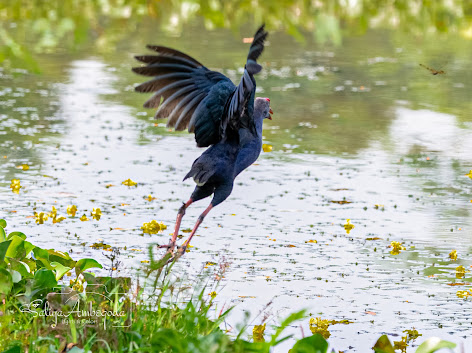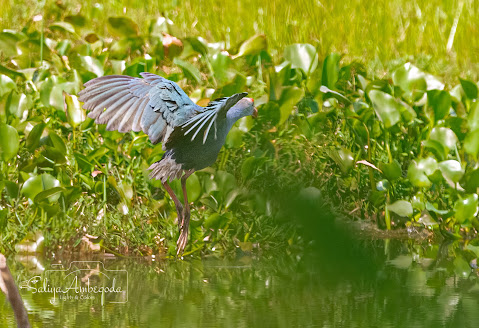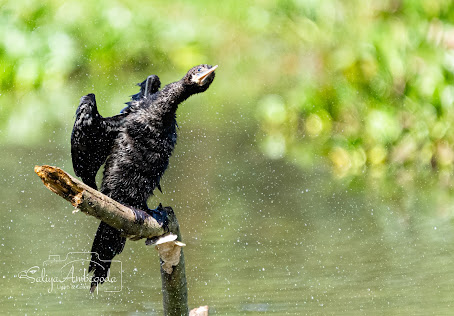Welcome to my wildlife photography blog! I'm delighted to share my lifelong passion for nature and wildlife photography with you. My name is Saliya Ambegoda, and I am both a seasoned IT manager and a dedicated nature and wildlife photographer.
With over four decades of experience behind the lens, my journey in photography has been nothing short of extraordinary. Despite my professional career in IT management, my heart has always been drawn to the wonders of the natural world. It's through photography that I've found my true calling, capturing the beauty and diversity of wildlife in its most authentic form.
My love affair with photography began over 40 years ago when I first picked up a camera and ventured into the wilderness. Since then, I've pursued my passion with unwavering dedication, continually honing my skills and expanding my knowledge of the craft. My journey has led me to explore some of the most breathtaking landscapes and encounter a myriad of fascinating creatures along the way.
As a graduate with a diploma in photography, I've delved deep into the technical aspects of the art, mastering the intricacies of composition, lighting, and post-processing. Yet, it's the connection I forge with nature through my lens that fuels my creativity and drives me to tell compelling stories through my imagery.
Beyond the pursuit of artistic expression, I'm deeply committed to wildlife conservation and environmental advocacy. Through my photography, I aim not only to inspire awe and appreciation for the natural world but also to highlight the urgent need to protect it for future generations.
In this blog, I invite you to join me on a visual journey through the wonders of nature. From the lush rainforests teeming with life to the vast savannas where lions roam free, each photograph is a testament to the beauty and fragility of our planet.
Thank you for visiting, and I hope my photography ignites a sense of wonder and reverence for the magnificent world we call home.
Warm regards,
Saliya Ambegoda













